Not just counting pills
By Diane Smith
Virginia Lee doesn’t want to get the flu.
The 79-year-old Benbrook resident recently arrived at her neighborhood pharmacy looking for a flu shot.
“I’m over 65,” Lee said. “I’m also almost 80. It’s prevention.”
Lee was among dozens of senior citizens who took part in flu clinics offered in October at the Perrone Pharmacy, which is located at 3921 U.S. 377 South and has been serving Fort Worth since 1952.
Mary Gilbert and her son, Tommie Gilbert, 37, also got flu shots.
“I think it’s great they are doing this,” she said.
Stephanie Stuckey, PharmD, and pharmacy students from the UNT System College of Pharmacy administered flu shots and shingles vaccines at the clinics. Customers avoided long lines and made fast friends with students and Dr. Stuckey, who is pharmacist in charge at Perrone.
The first-ever clinics evolved from customer demand, Dr. Stuckey said. After a delay with the delivery of high-dose flu vaccines, the pharmacy created a sign-up sheet that resulted in more than 100 signatures from customers who wanted flu shots.
The clinics also showed how pharmacists do more than fill prescriptions.
“The pharmacist behind the counter can be a great resource for prescription information as well as over-the-counter and alternative options,” Dr. Stuckey said. “…Prevention is key. It’s something that we really advocate for.”
Rebecca Nelson, a first-year pharmacy student who is also a Perrone employee, said the clinic allowed her to practice administering vaccines.
“It helps community health at large,” Nelson said of the clinics. “We are here to serve. We are here to help everyone out.”
Pharmacy students delivered more than 1,974 immunizations at UNTHSC, UNT Dallas and UNT Law School. Students administered shots throughout October and early November.
The students surpassed their projected estimate of 1,800 flu shots by Nov. 5.
Emanuel George, PharmD and Associate Dean of Student Engagement and Alumni Affairs at the UNT System College of Pharmacy, said pharmacy students collaborated with several student organizations to hold 10 clinics.
Dr. George said this work is key to training.
“Community outreach and service is very important to our students’ education,” Dr. George said. “It provides them an opportunity to apply not just the knowledge they gain in the classroom, but also the opportunity to apply the technical and communications skills they learn. Being a pharmacist is about being able to convey all of the drug knowledge in a patient-friendly way.”
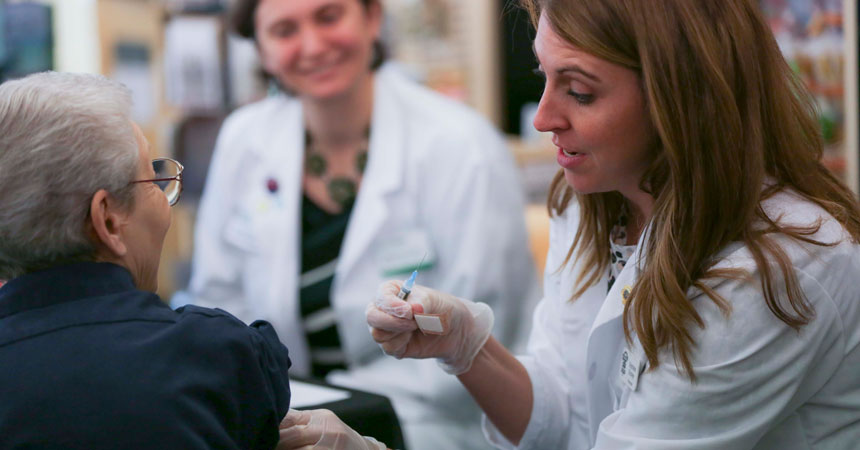
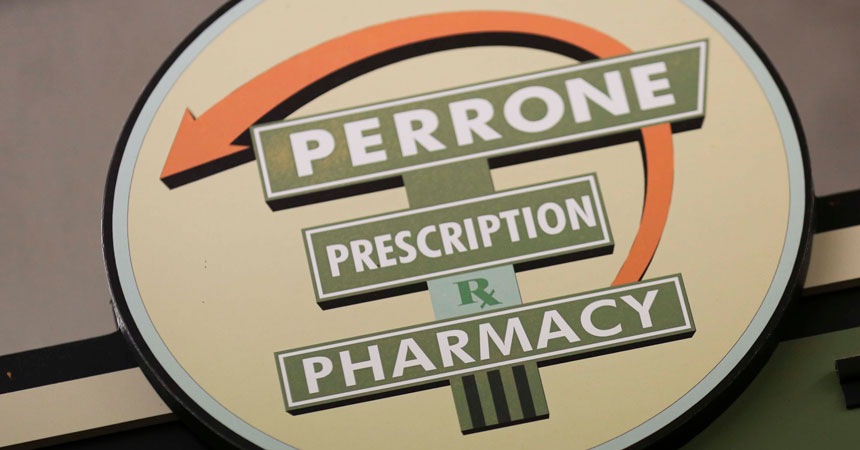
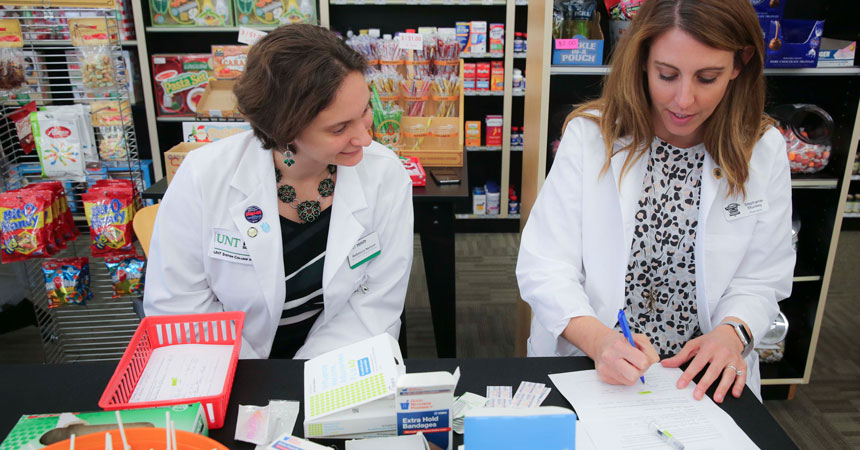
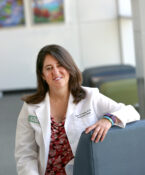
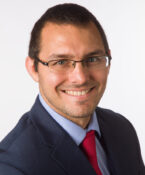



Social media